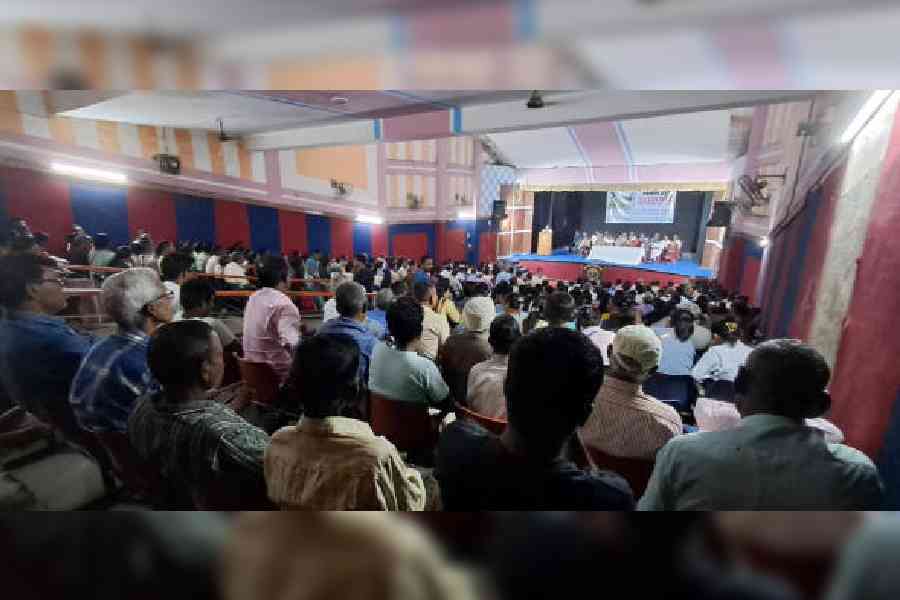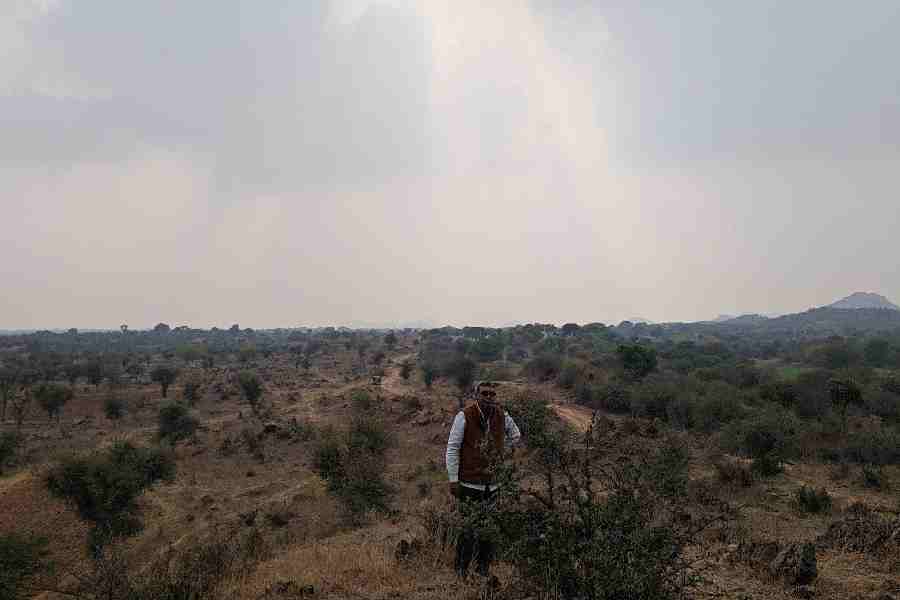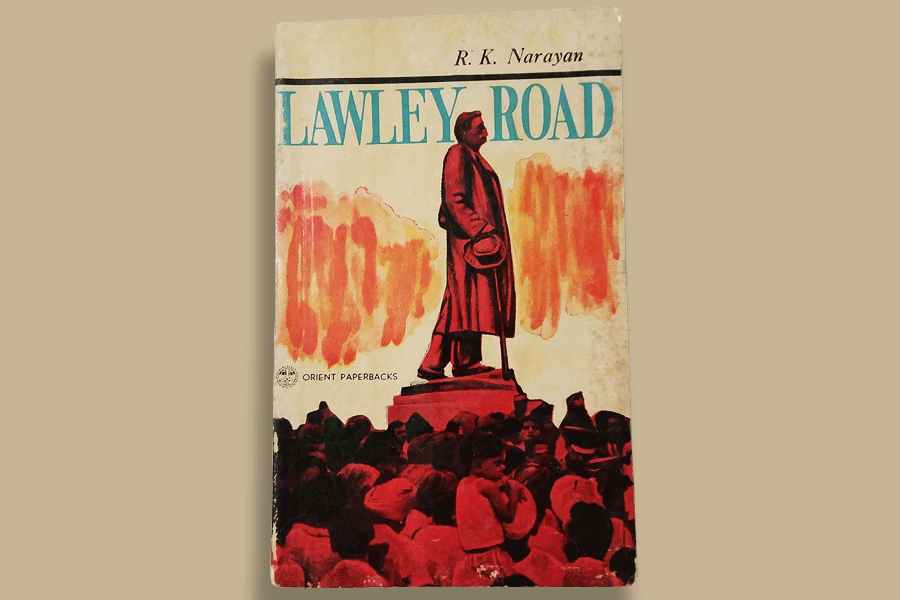Dissent against the Bengal government’s recent decision to increase land for non-tea activities in tea gardens seems to be gaining traction with a coalition of organisations, including apolitical groups, deciding to launch a movement across north Bengal.
The movement, christened "Jomi Jibika Paribesh Raksha Avijan’ (land, livelihood and environment protection drive)" will be organised across north Bengal from April.
The decision was taken during a convention held in Siliguri on Sunday.
“As a part of the drive, we will organise meetings and conferences starting from the panchayat, block to district level,” said Chewang Yonzone, a trade union leader.
A 13-member coordination committee with Yonzone as the convener has been formed to oversee the drive.
Apart from the coordination committee, a 29-member advisory committee comprising lawyers, educationists, social workers and trade union leaders was also formed on Sunday.
This initiative comes in response to the state government’s recent land policy for tea gardens, which has sparked widespread opposition in the region.
Protesters aim to challenge the government’s move to allocate 30 per cent of tea garden land for commercial use.
The drive will address concerns regarding violations of forest dwellers' rights and the encroachment of river embankments in the region.
Chief minister Mamata Banerjee’s announcement at the Bengal Global Business Summit in February regarding the use of up to 30 per cent of tea garden land for non-tea purposes has drawn criticism from various stakeholders in the region.
During the convention, a 10-point demand charter was raised, calling for the complete withdrawal of the state’s Tea Tourism and Allied Business Policy.
Other demands include the immediate implementation of minimum wages for tea workers, reopening of all closed and abandoned tea gardens, revamping of cinchona plantations and halting projects that hurt the environment.
Lal Singh Bhujel, the convener of Uttarbanga Van Shramjibi Manch, highlighted that many forest villages in north Bengal remained deprived of benefits under the Forest Rights Act of 2006 due to the lack of initiatives by the state government. North bengal has around 300 forest villages.
“After depriving forest dwellers of their rights, the state government is now attempting to allocate 30 per cent of tea garden land to corporate entities. We have decided to organise a joint protest with tea workers to oppose this,” Bhujel stated.
The convention witnessed participation from tea workers, lawyers, and representatives from various sections of society across north Bengal.
Dipti Oraon, a tea garden representative from Birpara in the Dooars region of Alipurduar district, expressed concern. “This decision threatens our very existence. If tea garden land is handed over to corporate houses, our livelihood will be at stake. We must stand up and protest,” she said.
The land policy states that new ventures cannot be started only in fallow and unused land in tea gardens.











